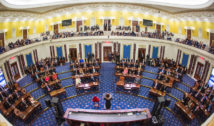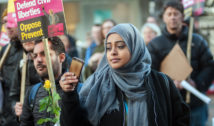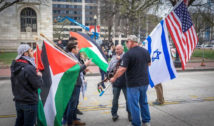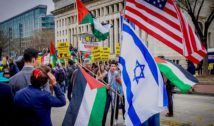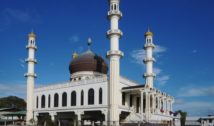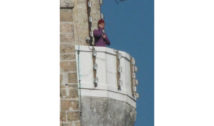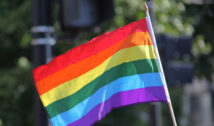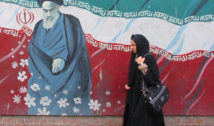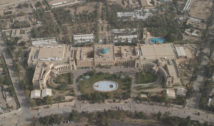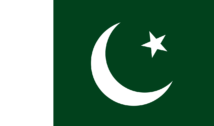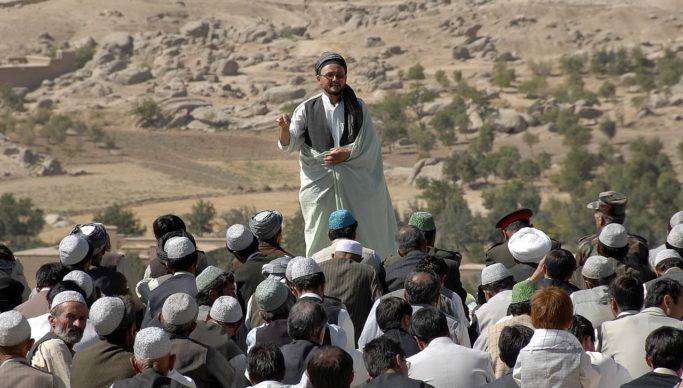
The Fight of the Hazaras
- By Ash D --
- 24 Nov 2022 --
The Hazaras have been subject to discrimination and oppression at least since the 19th century. As an ethnic minority within Afghanistan whose population largely belongs to the religious minority of Shi’a Islam, they have been treated as second-class citizens by the majority ethnicity of Pushtuns who are Sunni. Since the Taliban took power and control of the region, the relative autonomy and rights of the Hazaras, who had fought for a 2004 constitutional amendment recognizing the rights of Shi’a Muslims, have been torn down. That constitutional order has been removed and a sectarian system, which institutionalizes the marginalization of and discrimination against Hazaras, has been put in its place.
The September 30, 2022, bombing of the Kaaj Education Center, which occurred in Dasht-e-Barchi, an area of Kabul inhabited primarily by Shi’ite Hazara, killed 60 people, mainly women and children. The incident sparked international condemnation and protest against the Taliban from women across Afghanistan.
The Hazara are the third largest ethnic group in Afghanistan, after the Pushtun and Tajik, a country of some 4 million people. There are large contingents of Hazara in Pakistan and Iran and more throughout Europe. Their exact origins are subject to question, but by their genetics and language, they appear to have descended from native Afghans, Mongols and Turks, although some appear to have European roots. The majority of Hazara practice Shi’a Islam but a large minority who are Sunni also suffer discrimination.
The history of Afghanistan as far back as 1880 shows the Hazaras have been subject to repression politically and socially. By 1890, a state-backed holy war was declared against the Hazaras which continued until 1893. The leader at that time, Abdur Rahman Khan, mobilized both military and tribal militias to take the lands of the Hazaras and enslave the women and children. During the subsequent occupation, there were unwarranted taxes, looting, slavery and enforcement of the Sunni religion in place of Shi’a Islam.
The Hazara have continued the fight to be a free people throughout the USSR occupation, the Taliban regime and the Islamic State.


